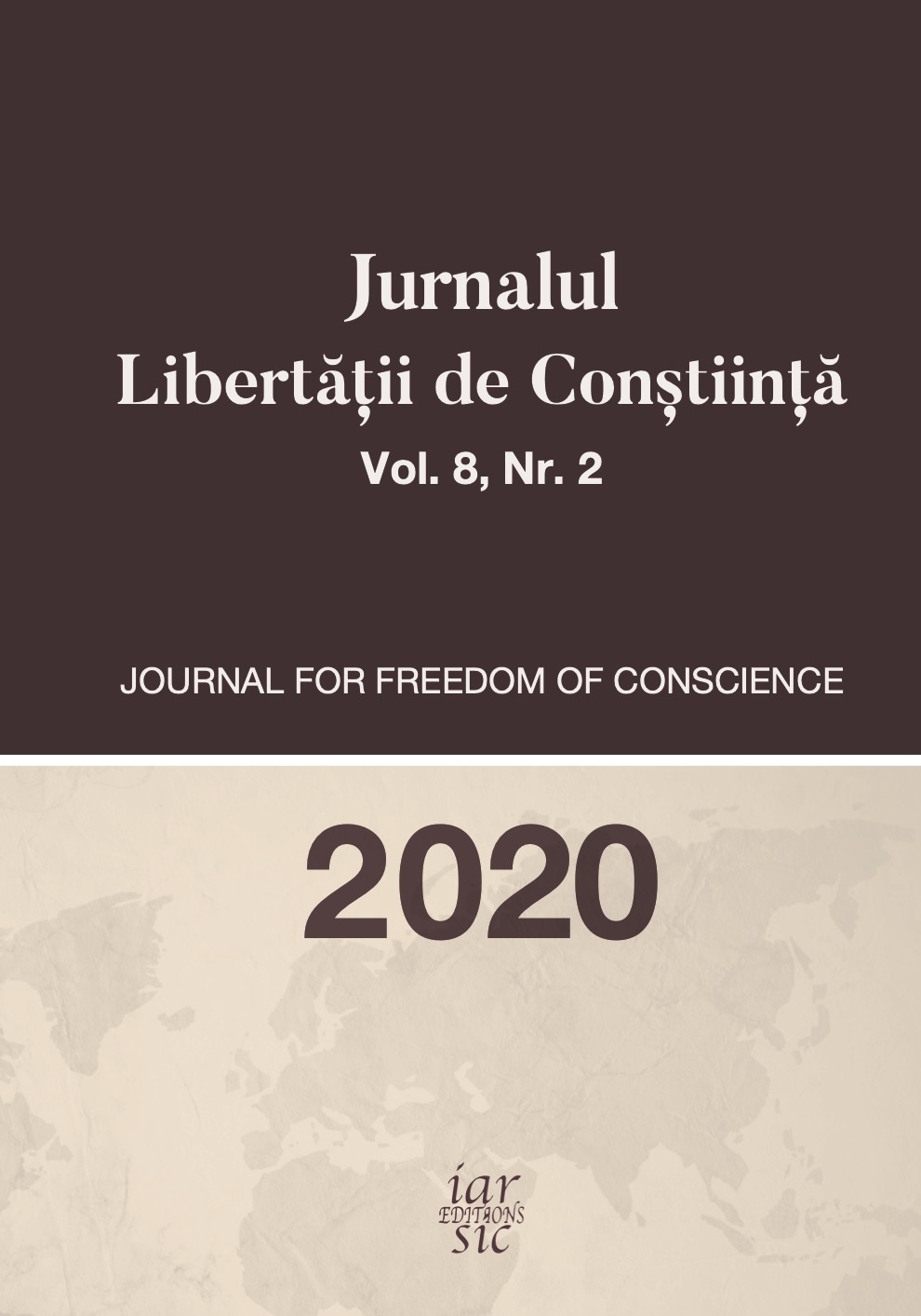MISIUNEA BISERICII ȘI FENOMENUL RELAȚIILOR SOCIALE INSTRUMENTALE ÎN ROMÂNIA POSTCOMUNISTĂ
The Mission of the Church and the Phenomenon of Instrumental Social Relations in Post-Communist Romania
Author(s): Ciprian Flavius TerinteSubject(s): Christian Theology and Religion, History, Local History / Microhistory, History of Communism
Published by: Editions IARSIC
Keywords: Eastern Europe; church; informal exchange; missiology; post- communist economies; patrons and clients; social capital; sociology of religion;
Summary/Abstract: Psychological and sociological investigations, as well as philosophical reflections on the harmful influences of communism point to the fact that the area of public life most seriously affected by Communism is the social solidarity of the Romanian people. In spite of the transformations that Romania has experienced in the past century, some informal practices and institutions have survived and adapted, and continue to influence Romanian society at the present time. Such practice is the use of instrumental social relationships, also called utility relationships. In the present study we will show that the Church, by virtue of its nature and mission, possesses the most effective means to counteract the instrumental component of social relationships. Despite the confessional diversity that characterizes it, the Church holds in its nature and mission the code of the social normality of a community or nation.
Journal: Jurnalul Libertății de Conștiință
- Issue Year: 8/2020
- Issue No: 2
- Page Range: 189-201
- Page Count: 13
- Language: Romanian

